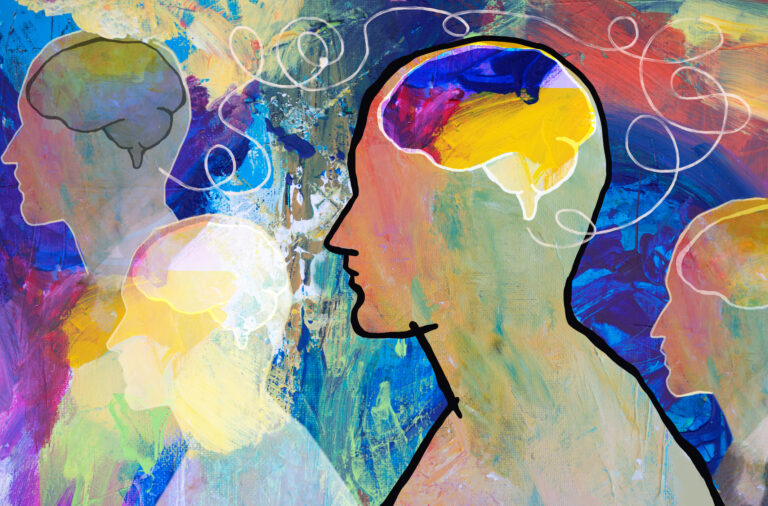In today’s fast-paced world, self-improvement is a constant pursuit for many of us. We strive to become better professionals, parents, partners, and, ultimately, better human beings. One often overlooked key to personal growth and understanding lies in the realm of interoception science. This article delves into how interoception science has played a pivotal role in shaping our understanding of self-regulation, co-regulation, compliance, the malleability of interoception, and its profound connection to emotions.
Self-Regulation and Interoceptive Awareness
Interoception science has led us to rethink self-regulation and our expectations thereof. It teaches us that self-regulation is not a one-size-fits-all goal. Instead, it necessitates considering an individual’s inner experience and interoceptive awareness. If someone’s inner experience is uncertain or unreliable, expecting them to achieve self-regulation goals may be unfair. It calls for a balanced approach, recognizing that building a solid foundation of interoceptive awareness may precede independent self-regulation.
The Significance of Co-Regulation
Co-regulation often underestimated, emerges as a fundamental concept illuminated by interoception science. It goes beyond mere assistance; it communicates the importance of acknowledging another person’s inner experience. Responding to someone in need of co-regulation reinforces the idea that their feelings are valid and deserving of attention. Contrary to concerns of coddling or reinforcing negative behaviour, co-regulation fosters empathy and support.
Compliance’s Detrimental Impact on Interoception
Compliance, a common approach in various contexts, can be detrimental to our inner experience. Interoception science highlights the dangers of compliance, showing how it teaches us to ignore our body’s needs to please others or meet their demands. This approach sends a message that prioritizes others’ needs over our own, ultimately disconnecting us from our interoceptive awareness.
The Malleability of Interoceptive Awareness
One of the most remarkable insights from interoception science is the malleability of interoceptive awareness. Research demonstrates that we can change our interceptive awareness significantly. One potent method for achieving this is through body mindfulness, a practice that focuses on the present moment and how our body feels. While traditional forms of mindfulness may not resonate with everyone, adapted forms of body mindfulness have shown promising results.
Interoception and Emotions
Perhaps the most profound impact of interoception science lies in its redefinition of emotions. Contrary to the assumption that most people universally understand emotion words, interoception science reveals the diversity of emotional experiences. Some individuals may associate specific words with their interoceptive sensations, while others may not. This area is undergoing extensive exploration, shedding light on the intricate relationship between emotions and interoception.
In conclusion, interoception science is a transformative force in our quest for personal growth and self-improvement. It prompts us to reevaluate self-regulation expectations, emphasizes the importance of co-regulation, cautions against compliance-driven approaches, showcases the adaptability of interoception, and reshapes our understanding of emotions. By embracing the insights provided by interoception science, we can become more attuned to our inner experiences, leading us on a path towards becoming better versions of ourselves. Until next time.








